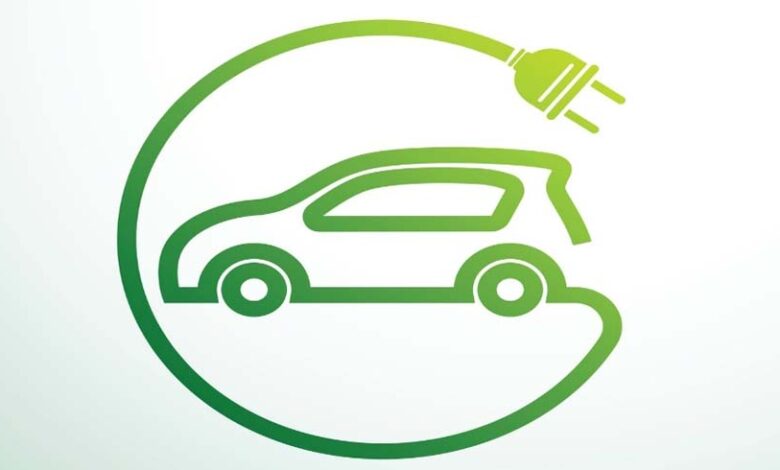If you are also going to buy electric vehicle then know this news of work

Prices of electric vehicles may come down soon
The market for electric vehicles in India has grown rapidly in the last few years due to the increase in the price of petrol and diesel and the environment. The government is also presenting various schemes for this. Now after the new scheme of the government, electric vehicles may soon become more affordable.
According to the information, the Goods and Services Tax (GST) Council may reduce the tax rate on lithium-ion batteries. In fact, the battery is one of the most expensive components of an electric vehicle today. Council may reduce GST on similar EV batteries for electric vehicles. This could mean a drastic reduction in the overall cost of electric cars and two-wheelers in India.
According to media reports, the central government has started talks with all the stakeholders to take the plan forward. On Tuesday, a meeting was held between the members of NITI Aayog, Ministry of New and Renewable Energy, Heavy Industries and other government departments to discuss the battery swapping policy. Suggestions were made for rationalization of taxes and standardization of EV batteries. NITI Aayog is preparing a draft policy, which will be sent to the GST Council for further consideration.
Let us inform that the draft policy sent by NITI Aayog states, “Under the current GST regime, the tax rate on Lithium-Ion Battery and Electric Vehicle Supply Equipment (EVSE) is 18 percent and 5 percent respectively. Lithium-Ion Battery are currently subject to 18 per cent GST, while the total cost of an electric vehicle in India is 5 per cent GST. Before 2018, the GST rate on EV batteries was higher. The tax was 28 per cent, which was brought in by the present GST Council EV batteries cost 25 to 35 per cent of the total cost of an electric vehicle. Reducing GST on EV batteries will also help make electric vehicles more affordable.
(function (d, s, id) {
var js, fjs = d.getElementsByTagName(s)[0];
if (d.getElementById(id))
return;
js = d.createElement(s);
js.id = id;
js.src=”https://connect.facebook.net/en_GB/sdk.js#xfbml=1&version=v3.2″;
fjs.parentNode.insertBefore(js, fjs);
}(document, ‘script’, ‘facebook-jssdk’));






